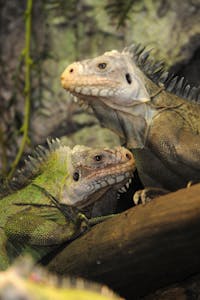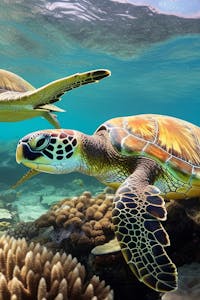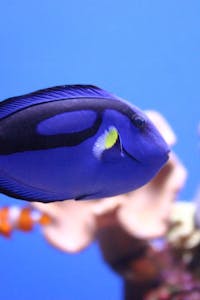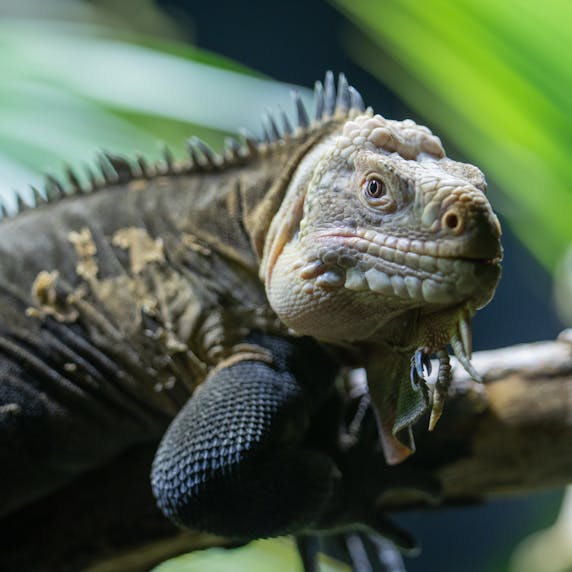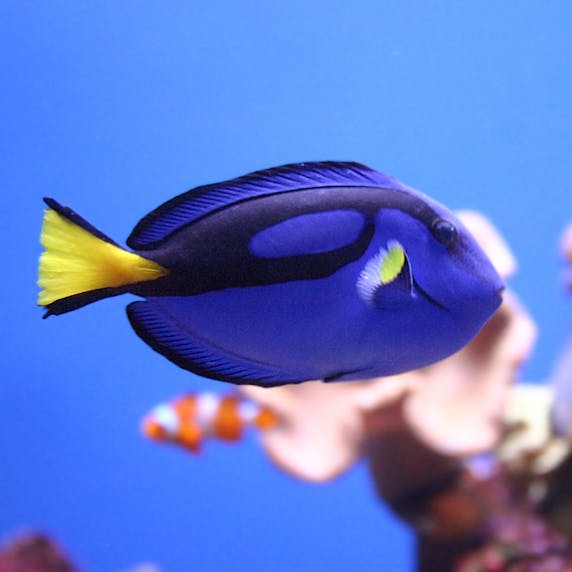



The preservation of species and the restoration of nature along the Caribbean coast and in the seas pose complex challenges due to threats both on land and in the oceans. Coastal ecosystems like mangroves and coral reefs are threatened by urbanization, deforestation, and pollution, which harm native species. In the seas, marine ecosystems suffer from overfishing, illegal fishing, and climate change, particularly coral bleaching and acidification. Over the past thirty years, nearly half of the world's coral has disappeared. Coral reefs cover only 0.2 percent of the Earth's surface, yet they harbor 25 percent of all marine life. These issues are exacerbated by the dumping of waste and plastic into the ocean. Conservation requires coordinated regional and international efforts, including protected marine areas, sustainable fishing practices, and environmental education to preserve these vulnerable ecosystems.
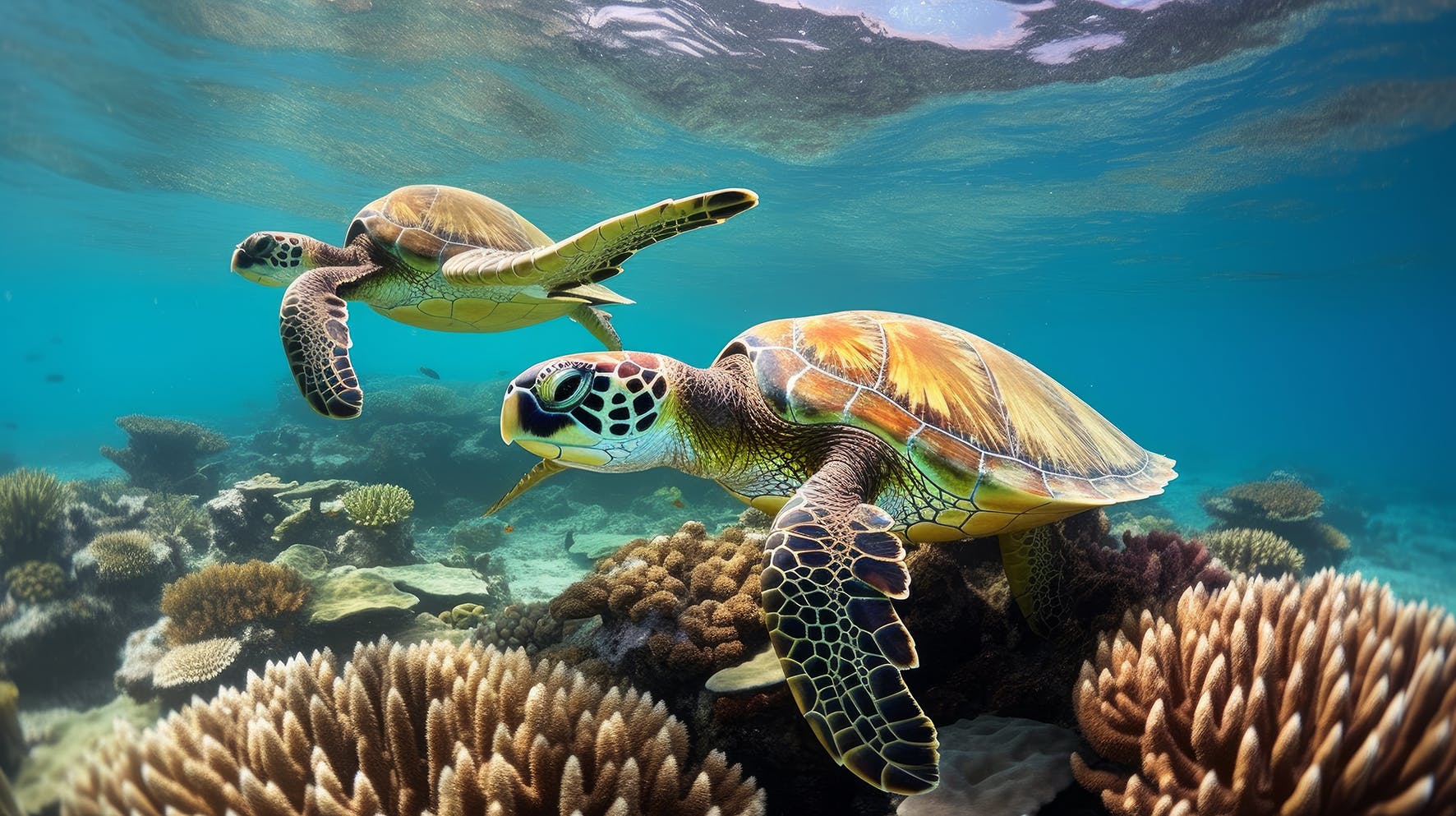
The introduction of non-native species along the Caribbean coast poses a threat to indigenous biodiversity, with competition for resources, predation, and disease transmission as potential issues. Examples of invasive species in the region include the green iguana and livestock such as donkeys and goats. Managing these non-native species and raising awareness are crucial for protecting indigenous biodiversity and promoting ecological stability.

In the Caribbean, on Bonaire, efforts are underway to establish a Diergaarde Blijdorp Hub. There is no zoo in the world with a total focus on Caribbean flora and fauna. The narrative presented by Diergaarde Blijdorp in this context is distinctive and current. We collaborate closely with DCNA (Dutch Caribbean Nature Alliance), WWF, and the Caribbean community.
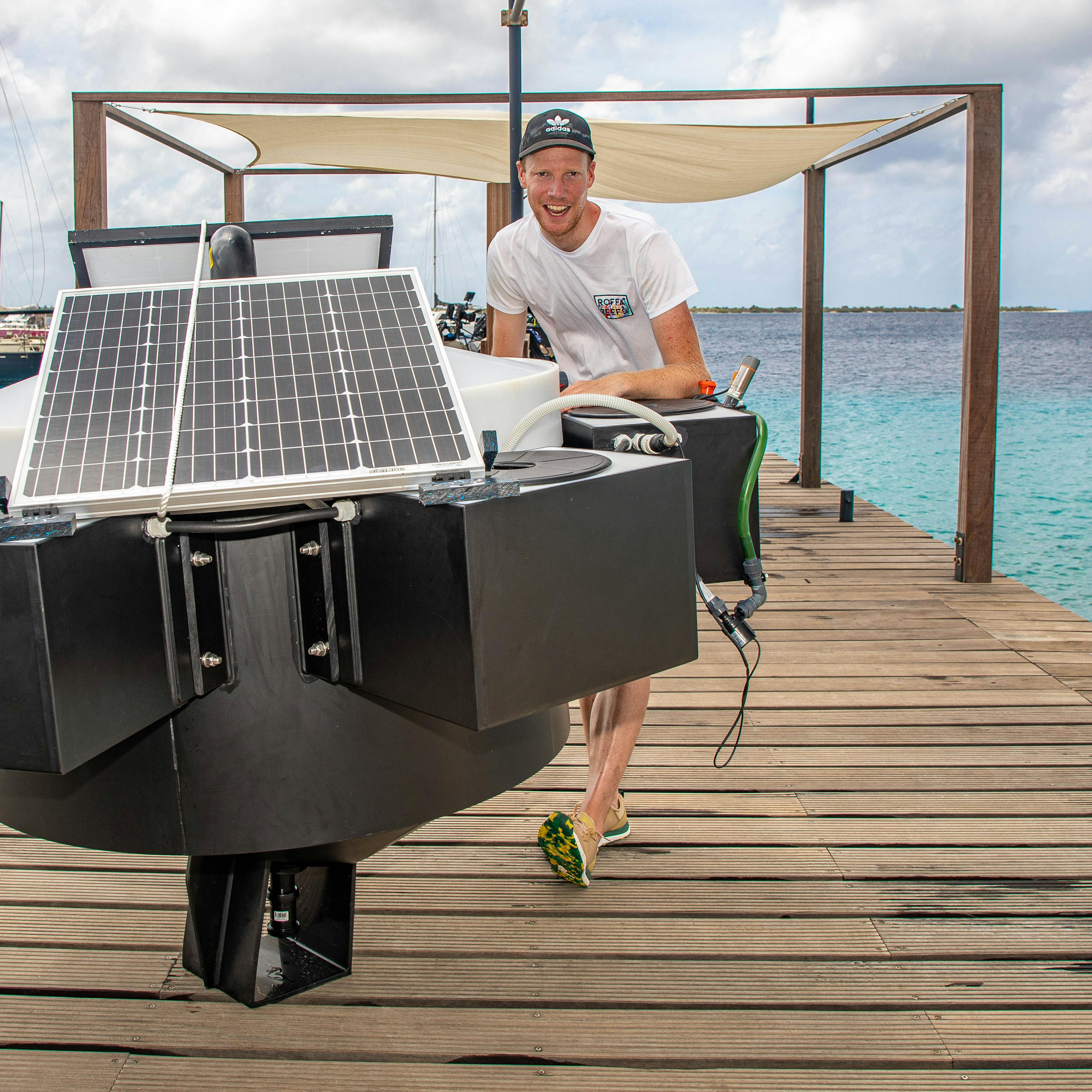
Our RoffaReefs project, which is part of the hub in Bonaire, is providing valuable insights into the reproduction of several reef fish species. Without knowledge of their reproduction, we cannot ensure their population recovery. The knowledge gained here is crucial. When we have a better understanding of when the species living on the reef reproduce, we can work with fishermen to align their fishing practices accordingly, giving populations a much-needed boost.

In 2018, four Antillean iguanas arrived in Rotterdam aboard the government plane of Prime Minister Mark Rutte. Since then, we have celebrated the first birth. We are one of the few zoos in the world that keeps this species, which is in decline due to the introduction of the larger green iguana. As part of our impact in the Caribbean, we aim to build a breeding center on Sint Eustatius for this highly endangered iguana species.

- By 2050, we will have successfully bred ten fish species with our autonomous breeding system.
- In five years, there will be a healthy population of Antillean iguanas in European zoos.
- In five years, we will have established a breeding center for the Antillean iguana on one of the islands.
- In five years, research conducted by Diergaarde Blijdorp will have contributed to making it easier to distinguish green iguanas and hybrids, allowing us to provide more space for the Antillean iguana.

- We contribute to the conservation of threatened mangrove forests, both financially and through expertise. In five years, we will conduct our first evaluation of our efforts in this area.
- In five years, we will have opened a rescue center for invasive species, such as donkeys and goats. This will provide more space for the flora and fauna of the Caribbean.
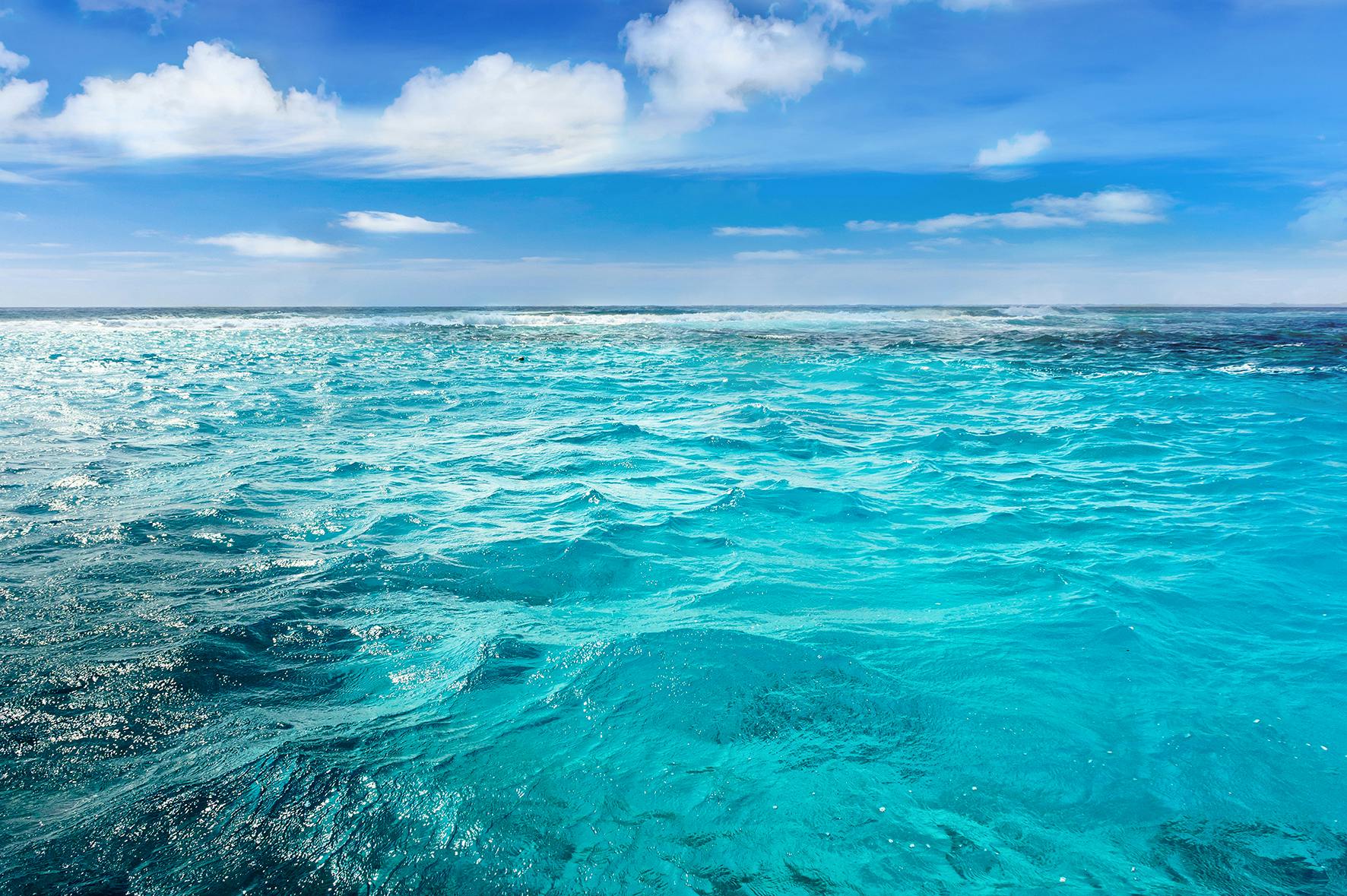
- In five years, we will have an intensive collaboration with Secore for the benefit of Caribbean coral: we will establish a laboratory that benefits organizations like Secore and allows us to work together to improve the coral reefs along the Caribbean Coast.
- In five years, we will have conducted research with the University of Amsterdam on the effects of climate change on various coral species.
- In five years, we will have created a fertility calendar for fish in the Caribbean reef, which will enable better alignment of fishing practices and give populations the opportunity to grow naturally.
